We love hearing inspirational stories about kids who are going above and beyond to protect animals. Not only have these two brothers done an amazing job fundraising for the American Badger and the Polar bear, but Caelen and Grayson have also done some animal saving in their own community. It’s clear that these boys are passionate about animals and we are proud to have them as Super Rangers!
Animal Rescuers

When Caelen and Grayson spotted a star nosed mole that had fallen into a pool, they rescued it, nursed it back to health and successfully released it back into the wild.
They also saved an injured painted turtle from the side of the road, after the turtle’s home had been destroyed by the development of a new subdivision.
When they found a stray cat in a garbage bin, Caelen and Grayson called the local animal rescue shelter. It turns out the cat was the mom to a litter of kittens, and all were rescued thanks to Caelen and Grayson’s belief in helping animals in need. Thanks to tips provided by these animal loving brothers, the animal rescue shelter has found five additional stray cats, all of whom have now been adopted.

Polar bear and American badger
After reading about all the work they’ve done for animals around their neighbourhood, it probably isn’t a surprise that Caelen and Grayson took fundraising for the Polar bear and American badger to heart.
These dedicated boys decided donation boxes were the best way to reach the most people and spread news about the animals they wanted to protect. They set up boxes at school, and even their mom and dad’s workplaces.
Caelen and Grayson also reached out to the animal rescue agencies that had caught the stray cats. The agencies were more than generous in helping these two boys who have an amazing love for animals.
Caelen and Grayson teach us that everyone can make a difference, so get out there and start spreading the word about animals in need.




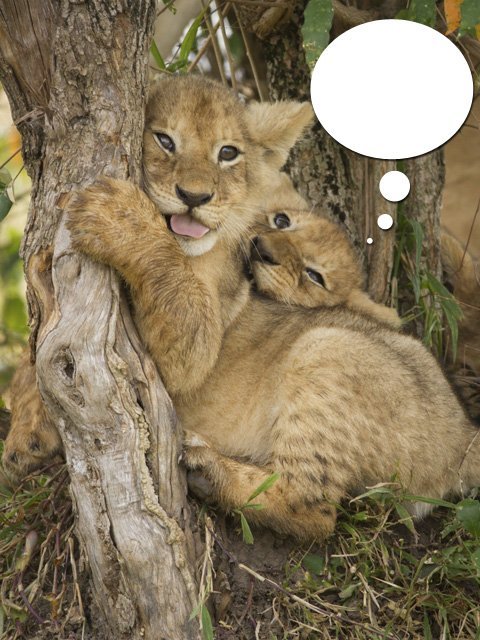







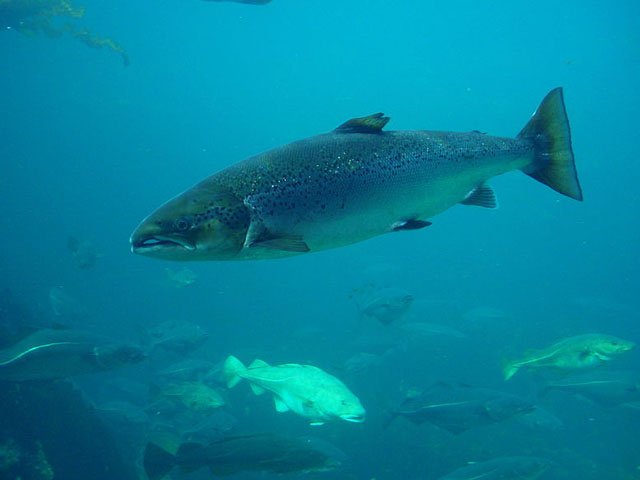







 and four fish! My passion for critters large and small has developed beyond just pets. Now, I love animals found in the wild just as much. Part of my love for animals comes from having spent so much time on my family’s farm, where I have seen many, many creatures. At the farm, I like skiing, hiking and
and four fish! My passion for critters large and small has developed beyond just pets. Now, I love animals found in the wild just as much. Part of my love for animals comes from having spent so much time on my family’s farm, where I have seen many, many creatures. At the farm, I like skiing, hiking and 
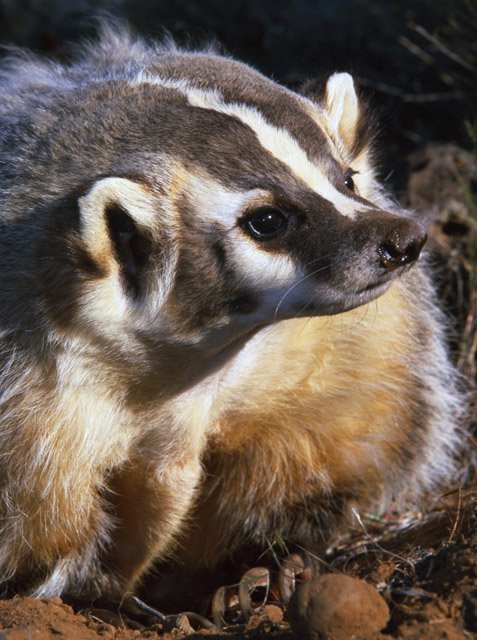





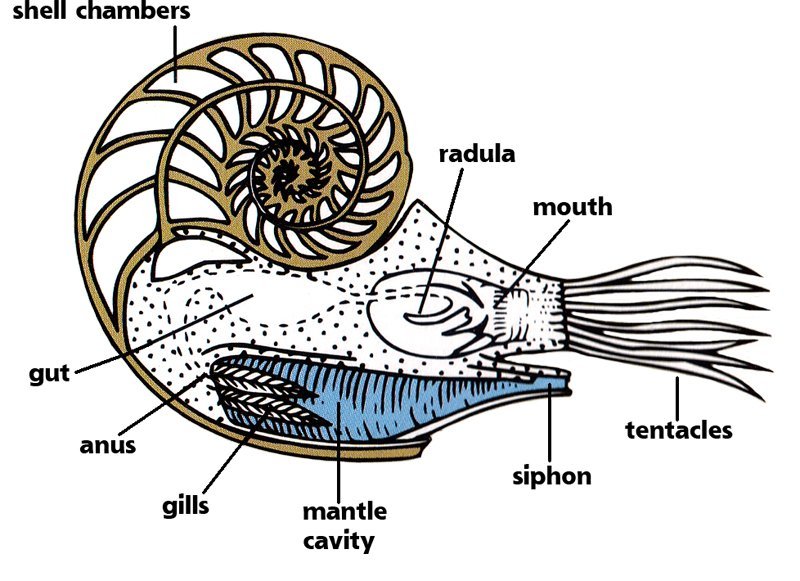


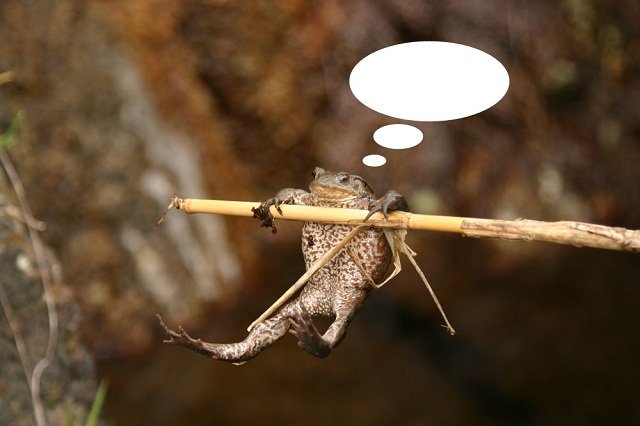


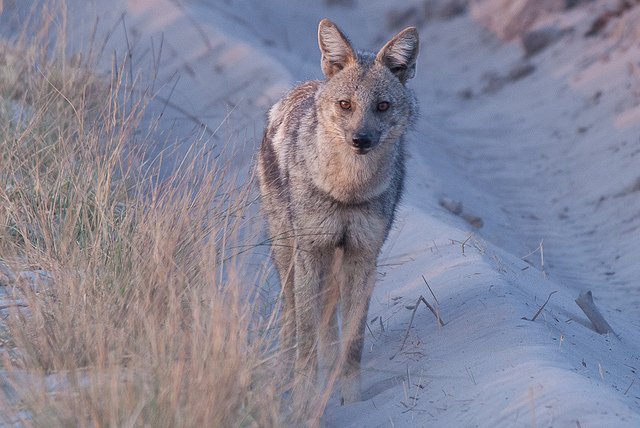
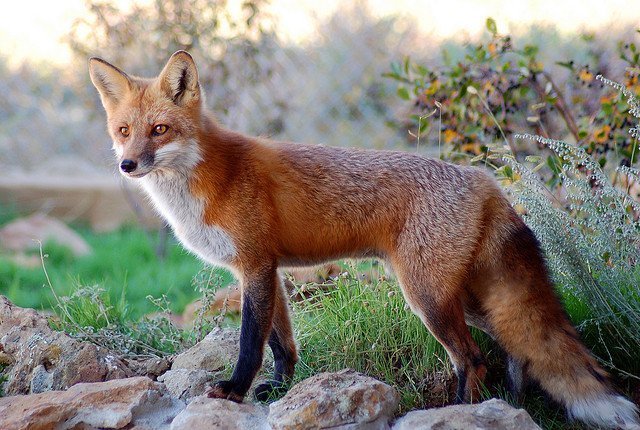
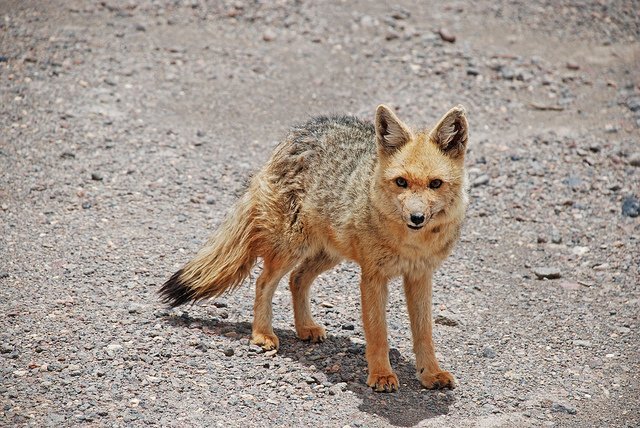
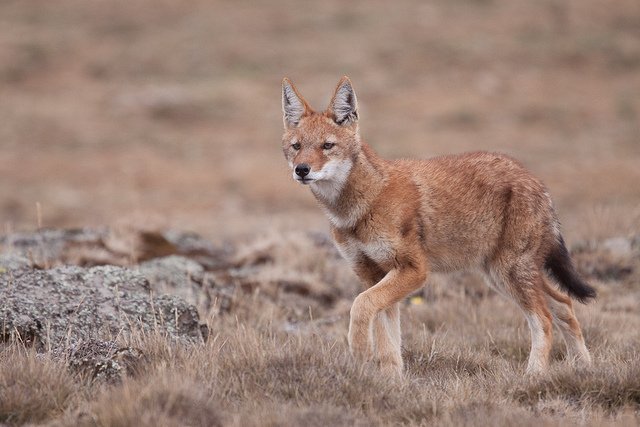
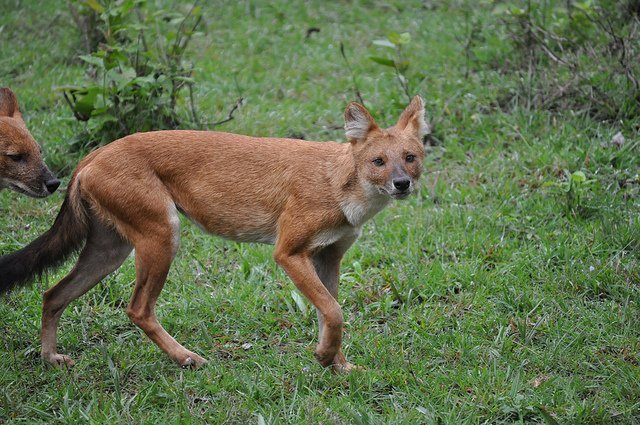

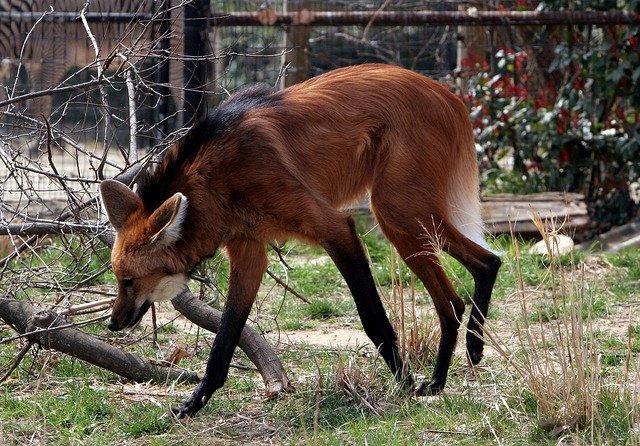

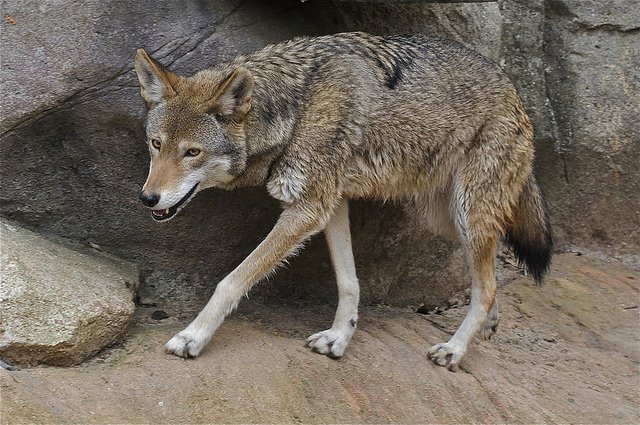
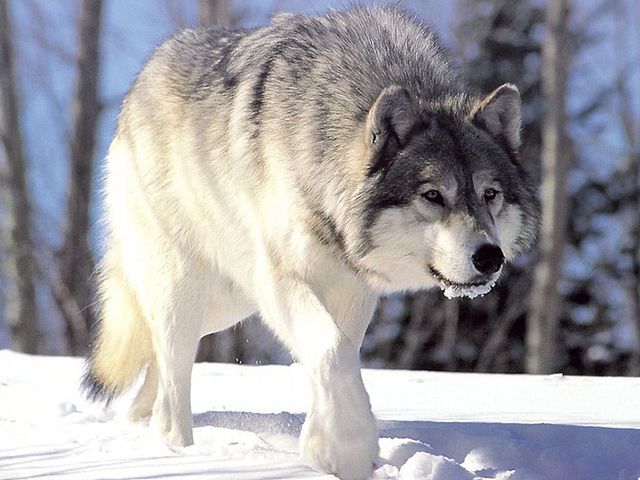
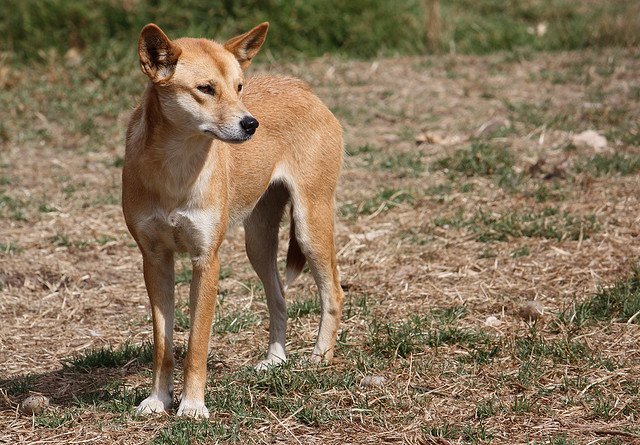




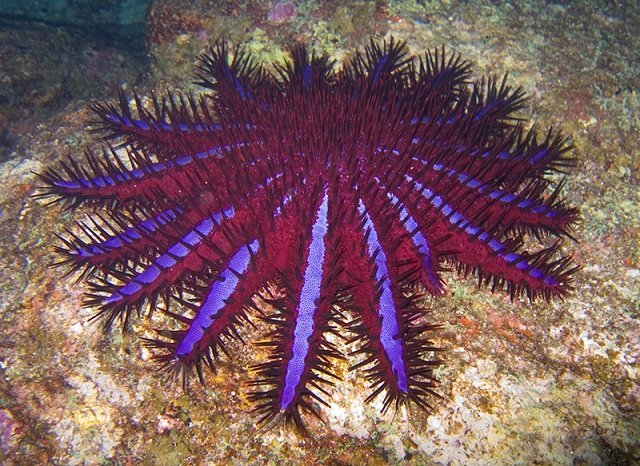 As our oceans change due to climate change and pollution we are creating the perfect environment for big populations of
As our oceans change due to climate change and pollution we are creating the perfect environment for big populations of  Save the Reefs!
Save the Reefs!